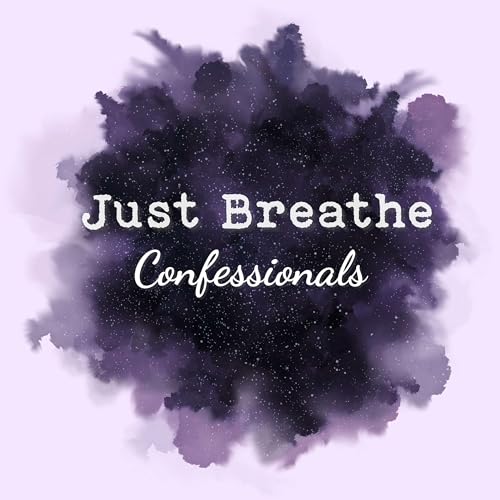
Fragments of Childhood
Échec de l'ajout au panier.
Échec de l'ajout à la liste d'envies.
Échec de la suppression de la liste d’envies.
Échec du suivi du balado
Ne plus suivre le balado a échoué
-
Narrateur(s):
-
Auteur(s):
À propos de cet audio
Send us a text
Memory plays tricks on us all, but for those who've experienced trauma, it can feel like flipping through a photo album with half the pictures torn out. That's how I'd describe my childhood memories of Santa Rosa, California – fragmented snapshots rather than a coherent narrative.
When I first tried recording this episode, I described places: houses, parks, streets. But as my boyfriend pointed out, I wasn't actually explaining my childhood – just its geography. This simple observation cracked something open for me. The truth is, I don't remember much about growing up, and it took trauma therapy to help me understand why. My brain protected me by tucking away experiences deemed too difficult, leaving me with random fragments: making orange juice popsicles with my best friend, the ticking sound of the Perfection game, flying down the street on my bike with wind in my hair.
For years, I felt frustrated by these gaps. How could I tell my story without all the chapters? But I've come to realize these fragments aren't deficiencies – they're evidence of my brain doing exactly what it needed to do to get me through. Despite the missing pieces, certain memories of Santa Rosa bring unexpected warmth: playing soccer in the park, Friday nights at Bradley Video Store, skating at the Snoopy ice rink. These aren't just places but moments where I felt truly alive.
If your childhood memories feel scattered and incomplete like mine, you're not broken. Your brain was doing its job. You're allowed to hold onto the safe moments and let the rest stay tucked away until you're ready – or maybe forever. We don't need complete memories to honor our past or understand our present. Sometimes, the fragments are enough. Listen now, and remember to just breathe.


